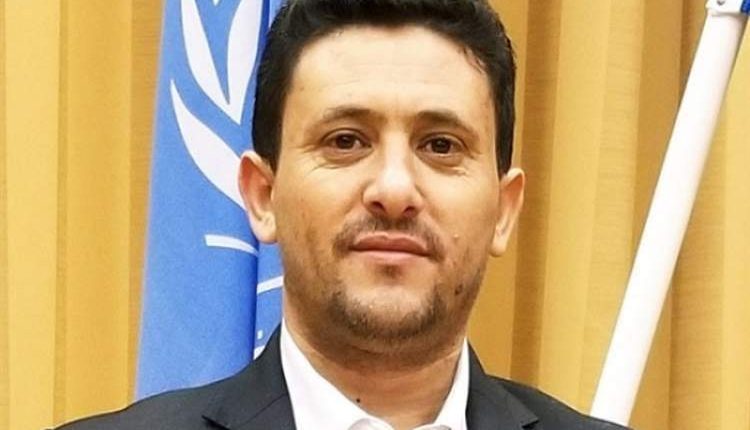Prisoners Committee: UN-Sponsored Exchanging Agreement Delayed by US-Saudi Aggression
The National Committee of Prisoners confirmed Friday that progress is slow in the negotiations to implement the prisoner exchange agreement signed in March under the auspices of the United Nations with the Saudi-backed side.
The head of the committee, Abdulqader Al-Murtada, told Almasirah:”It was assumed that the past April and May would be months for the exchange of prisoner lists in accordance with the agreement, but the other party is clearly procrastinating.”
He revealed that the US-Saudi mercenaries set new conditions, including adding names that were not agreed upon, and refraining from submitting their prisoners’ lists.
Al-Murtada noted the weak UN performance in the face of mercenaries, stressing that the office of the UN envoy does not exert any pressure on US-Saudi mercenaries to implement what was agreed upon in the issue of prisoners.
Earlier, the Head of the National Committee for Prisoners Affairs, Abdulqader Al-Murtadha, stated that the Office of the UN Envoy should take benefit from the renewal of the truce to move forward with the implementation of the prisoner exchange agreement.
“We hope that the new truce will not end without noticeable progress in the prisoner exchange issue, as happened in the previous truce,” Al-Mortadha wrote in a tweet.
President Mahdi Al-Mashat, head of the Supreme Political Council, had received a letter from the UN envoy to Yemen, Hans Grundberg, which included a request to extend the truce for an additional two months, finding urgent humanitarian treatments and addressing the delay that occurred in implementing the provisions of the armistice during the past two months.
In early April, the UN special envoy for Yemen, Hans Grundberg, announced the nationwide ceasefire, for the first time since 2016, saying the two-month truce would be eligible for renewal with the consent of parties. The truce meant to halt all military operations in the country and to bring the foreign military invasion to an end.
UN Secretary-General Antonio Guterres said the truce “must be a first step to ending Yemen’s devastating war,” urging the warring parties to build on the opportunity to “resume an inclusive and comprehensive Yemeni political process.”
The deal stipulates halting offensive military operations, including cross-border attacks, and allowing fuel-laden ships to enter Yemen’s lifeline al-Hudaydah port and commercial flights in and out of the airport in the capital Sana’a “to predetermined destinations in the region.”
The two-month humanitarian and military truce under the auspices of the United Nations entered into effect on the second of last April and ends on the second of June 2022. Over the past weeks, the forces of aggression have been obstructing the implementation of the truce, refusing to allow flights to reach Sana’a International Airport.

